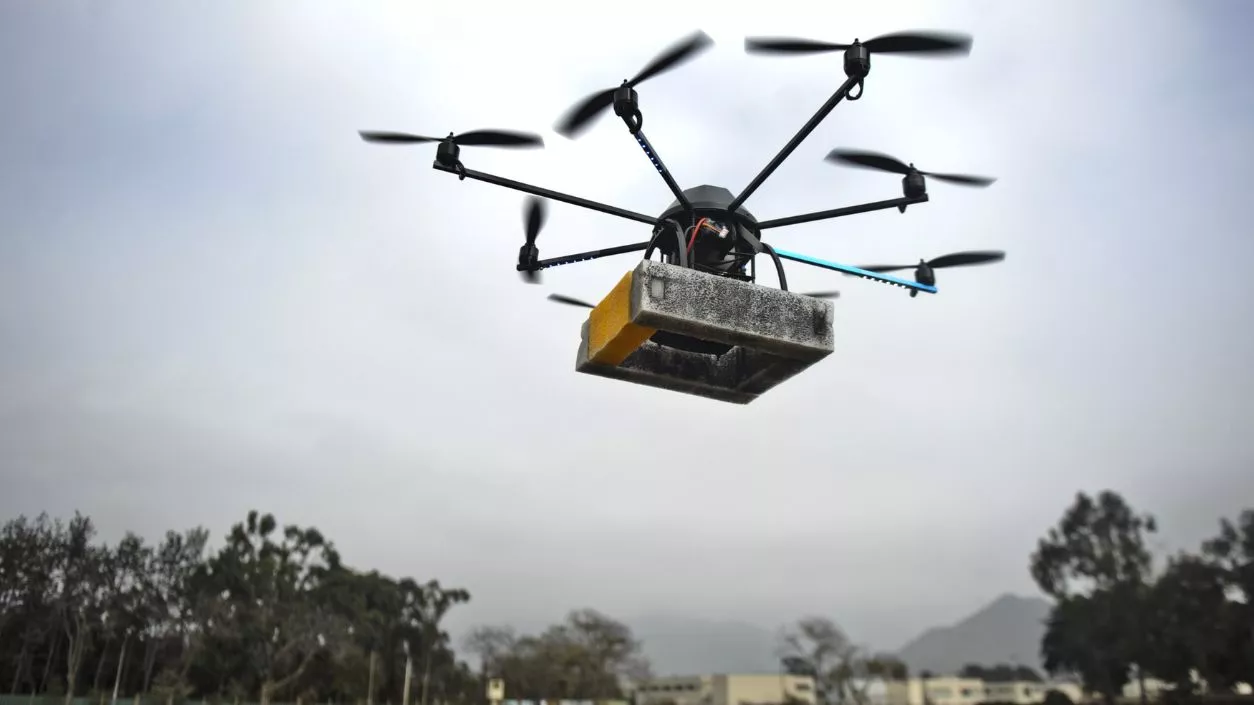.gif)
.gif)

The Border Security Force (BSF) reported that over 200 drones have been intercepted along the Punjab International Border in 2024, almost doubling the 107 seized last year. The BSF attributes this spike to Pakistani networks deploying drones to transport narcotics, firearms, and ammunition into India. According to the BSF, these drones are part of a larger attempt to destabilize Indian communities by fueling drug addiction and other criminal activities.
In a statement on Saturday, the BSF confirmed the seizure of four additional drones within the past 24 hours, pushing the total count past 200 for the year. The BSF monitors 2,290 kilometers of India’s western border, including a 553-km stretch in Punjab, where drone activity has increased. This stretch connects India with Pakistan and passes through the states of Jammu (in Jammu and Kashmir), Rajasthan, and Gujarat, each experiencing similar security concerns due to cross-border smuggling.
A senior BSF official shared that the seized drones include those that were shot down, jammed mid-air with anti-drone technology, or recovered on the ground following intelligence leads or information from locals. Most of these drones are reportedly Chinese-made and have been adapted to carry heavy payloads across the border. The majority of intercepted items include narcotics, making up a significant share of the smuggled goods, followed by firearms and ammunition.
The BSF data indicates that drone-based smuggling along the Punjab border began to escalate in 2019-2020, particularly in Amritsar and Tarn Taran districts. Drones have now overtaken previous smuggling methods, which involved pushing items across the border using pipes or tossing them over the fencing. Currently, BSF officials report that nearly all narcotics trafficked from Pakistan into Punjab arrive by air, highlighting a shift in trafficking tactics.
On November 2, BSF personnel in Amritsar district retrieved a DJI MAVIC 3 Classic drone from a farm field in Kamirpura village. Acting on intelligence, BSF teams initiated a search in the area, leading to the recovery of the Chinese-manufactured drone. The previous day, November 1, BSF officials recovered two additional drones and seized 570 grams of heroin in the same district, underscoring the persistent use of drones for illegal cross-border operations.
The BSF, which operates under the Union Ministry of Home Affairs, stated that the increased drone interceptions reflect the success of enhanced anti-drone operations and technological advancements at the border. Recent measures include deploying specialized equipment to detect and counter drone flights, with officials noting that these methods are designed to respond quickly to unauthorized UAVs entering Indian airspace.